There are two main reasons why waterproofing should be considered for multi-storey facilities…
Reason 1) To protect the integrity of the structure and prevent concrete spalling.
Typically commercial concrete slabs feature steel reinforcements, which will rust if they come into contact with salt and water. This can cause the steel to expand up to five times its previous size displacing the concrete around it. This process is known as concrete spalling or concrete cancer. (Top Tip: look out for rust-stained concrete, this is one of the first signs of concrete spalling, followed by the disintegration of the concrete itself).
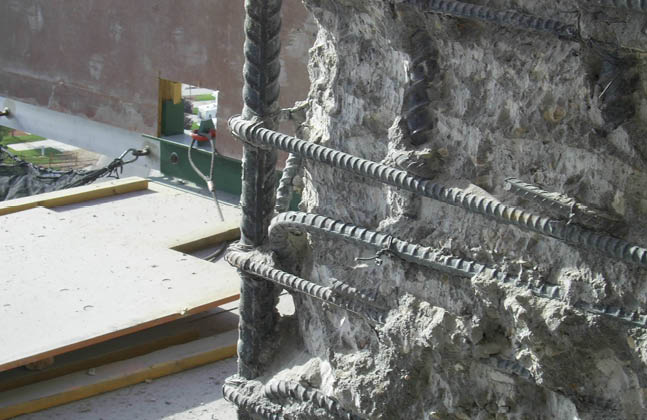
Steel reinforced concrete with signs of concrete spalling
Once this process has happened the integrity of the structure is compromised and as the process accelerates, patches of concrete can begin to fall away. This is not only unsightly but very dangerous as concrete debris and failing structural integrity poses a risk to both people and property. Damages and injuries can also lead to negligence claims being made against the building’s owner or operator.
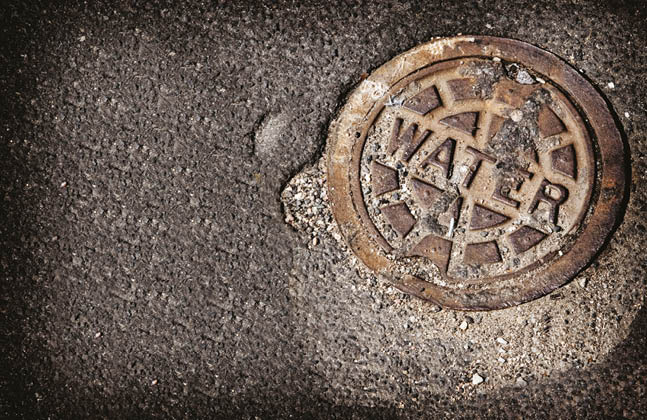
Signs of rust on concrete can be the first signs of damage or spalling
In these environments, it is especially important to safeguard the site against concrete spalling by installing floor and wall coatings that are able to form an impermeable barrier against large volumes of salt and water.
Reason 2) To protect what is beneath the exposed deck from becoming damaged.
Concrete typically contains lime and other contaminants and when large amounts of water begin to infiltrate the joints and cracks of bare concrete, it can result in these contaminants being released out of the concrete. As this corrosive fluid leaches out of the concrete it can fall onto items below leading to expensive legal and insurance costs.
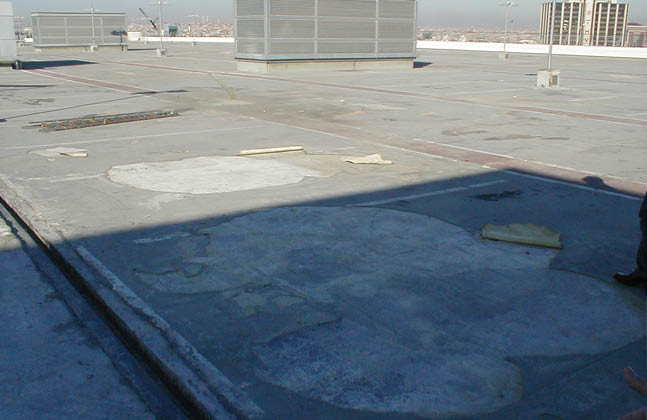
Damage to an unprotected concrete deck
To create a safe and secure environment that reduces these hazards, a robust and waterproof deck coating should be installed to prevent the water from getting into the vulnerable concrete.
Most resin-based flooring products are impervious (i.e they do not allow moisture in or out) however, this should not be misconstrued with waterproof. Waterproofing requires a product to be flexible and crack-bridging.
To meet these needs Polyurethane or PUMMA resins are often used to provide waterproofing protection. These resin-based systems provide not just the flexible and crack-bridging nature of a membrane but the tough, wear resistance of an epoxy.
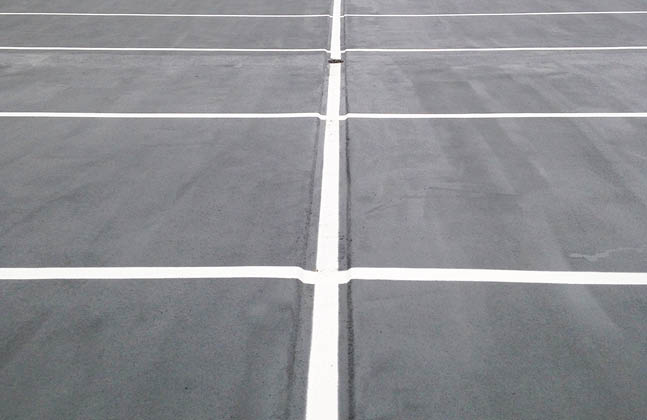
Using protective polyurethane deck coatings reduce risks of spalling
To learn more about concrete spalling or suitable waterproof resin flooring systems please contact your local Flowcrete team, or leave a comment below.
1 thought on “A-Z of Flooring – W is for Waterproofing”
Comments are closed.

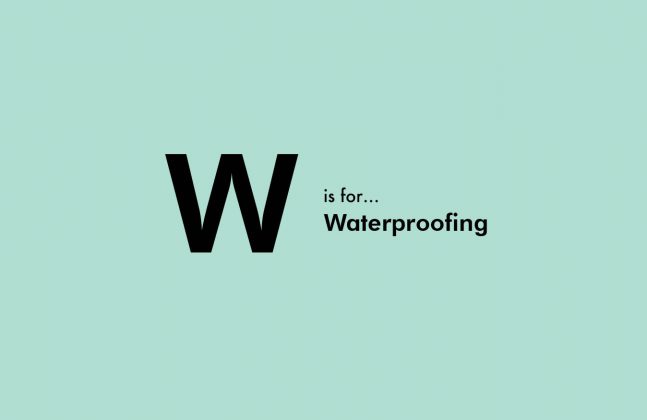




There are many people who are looking for tips and reasons for waterproofing chemicals which are given through this article. I like to thank you for sharing this wonderful post.